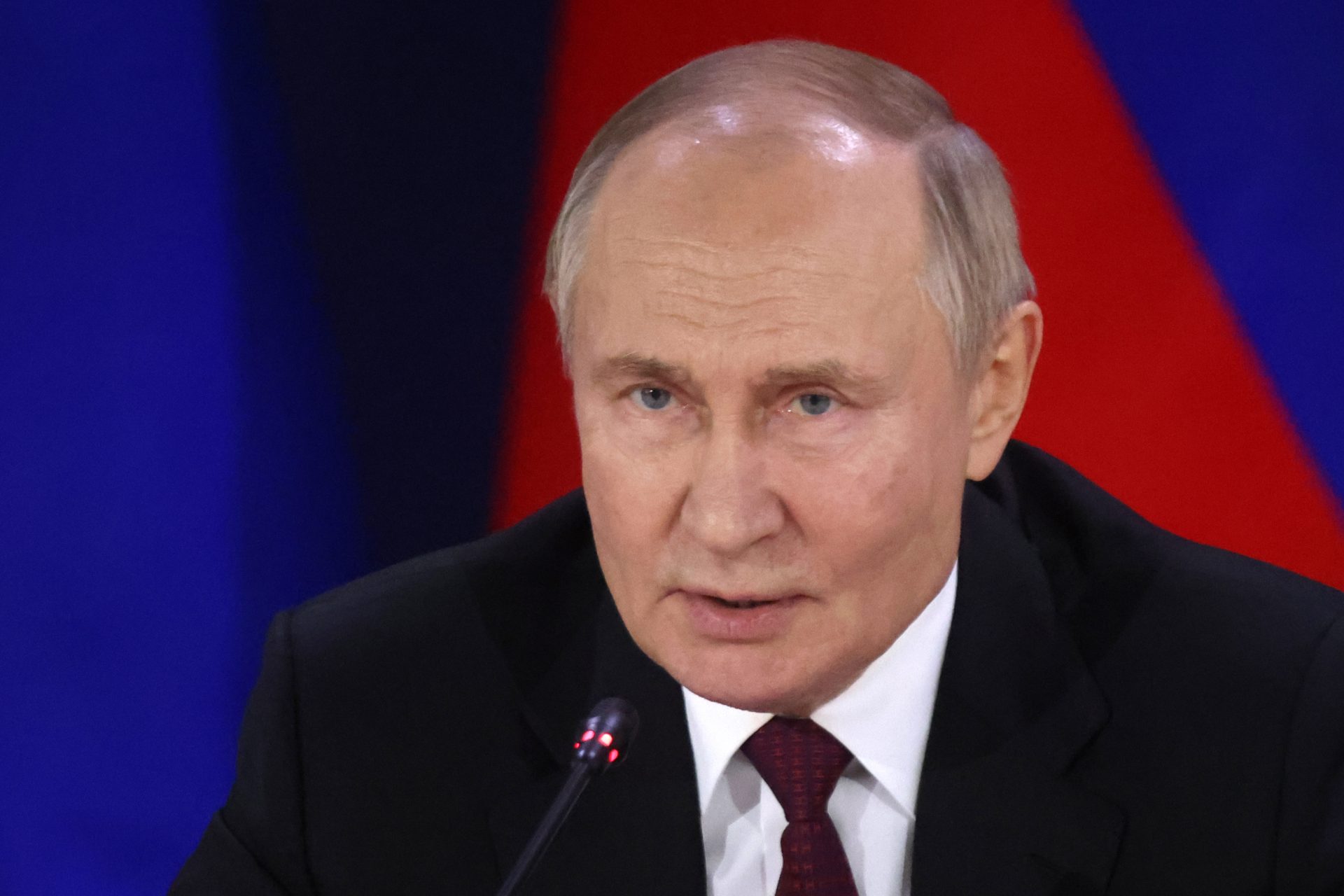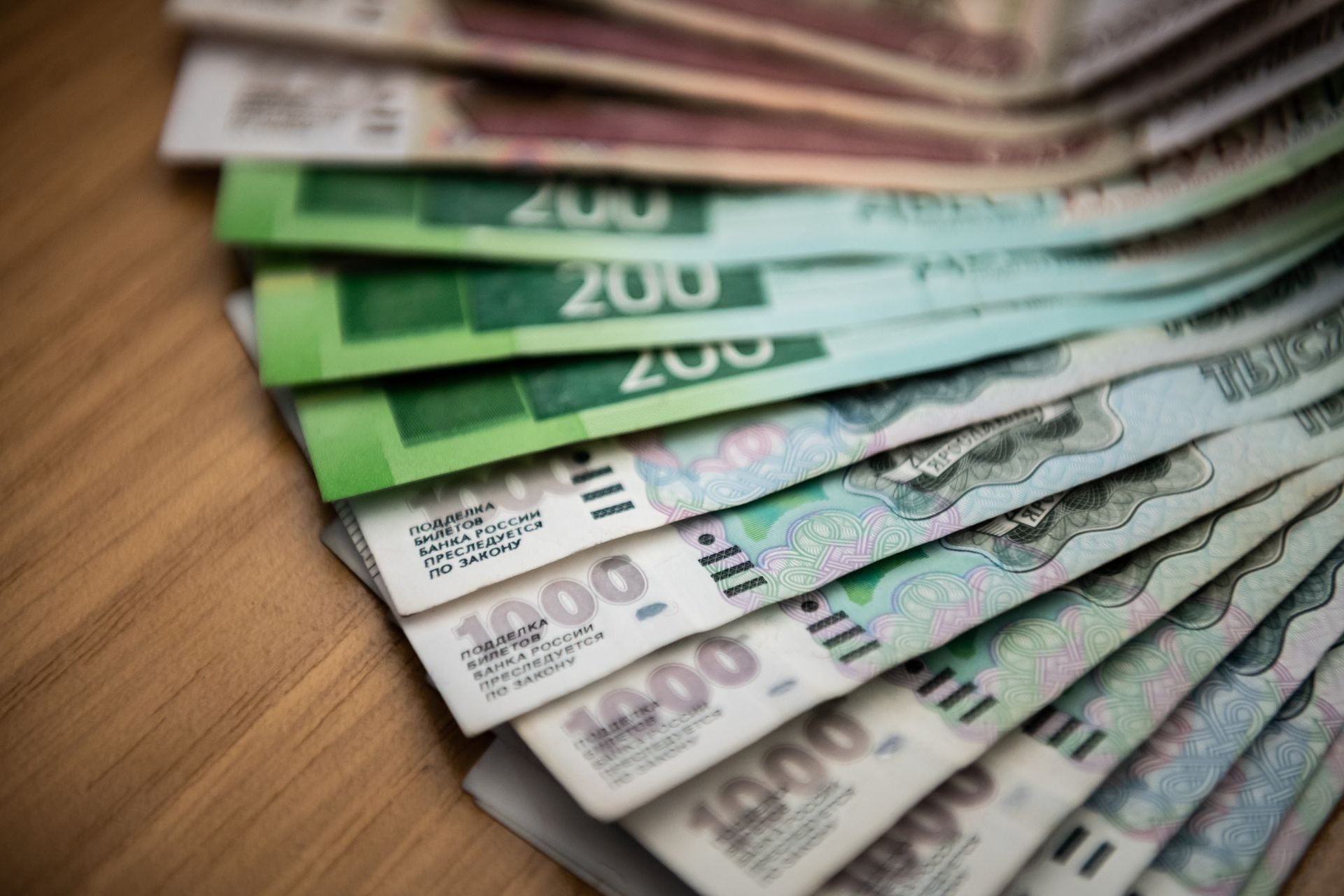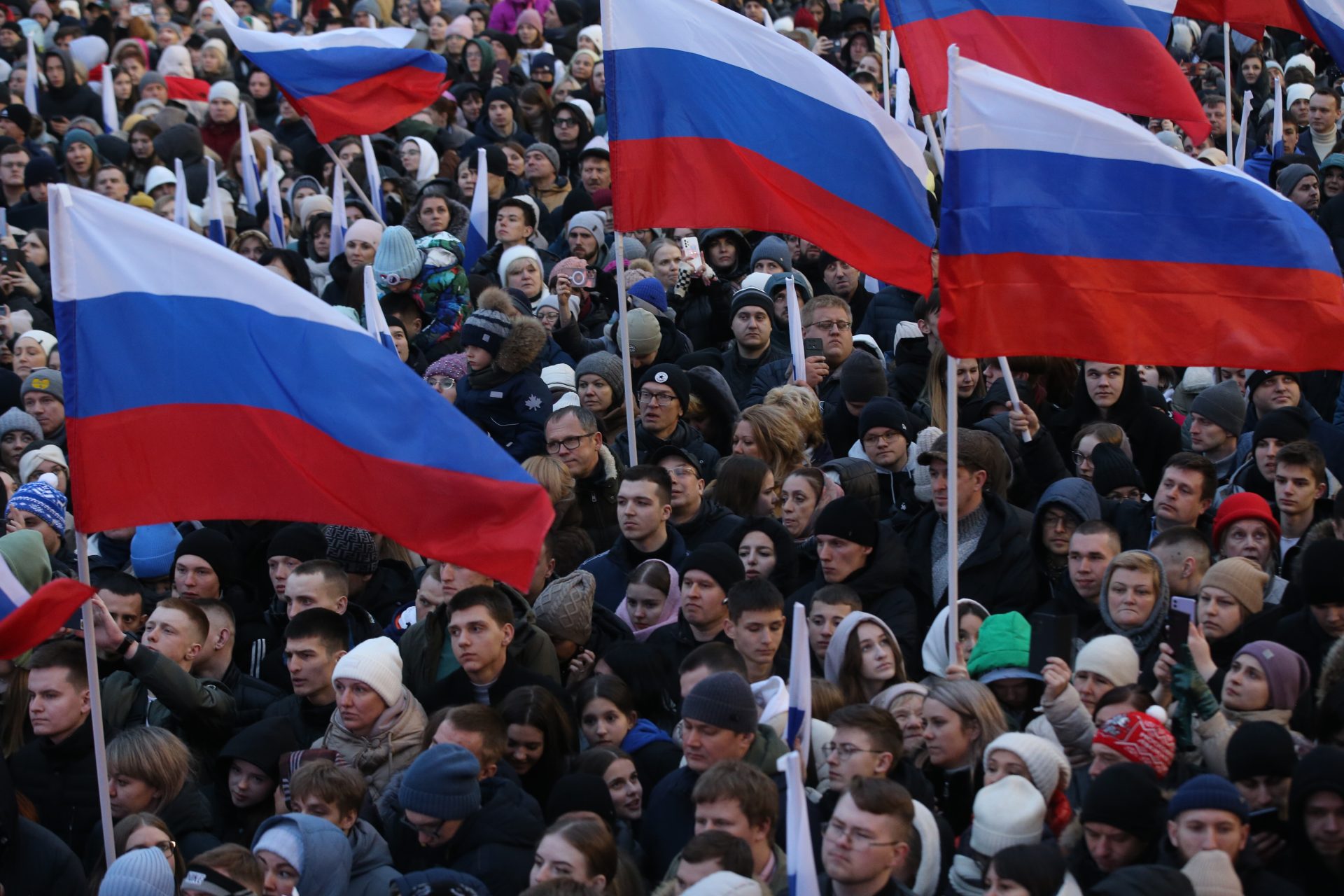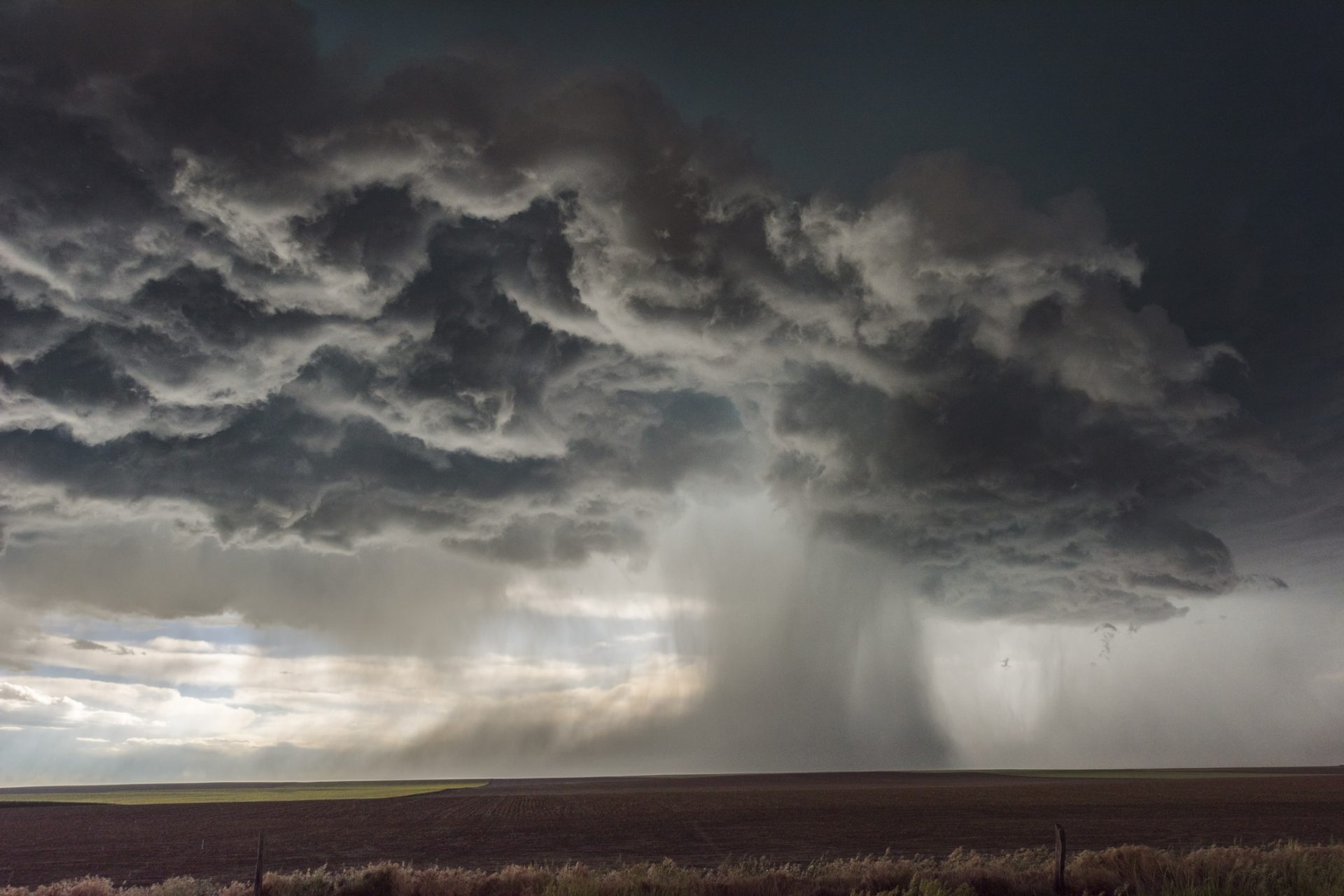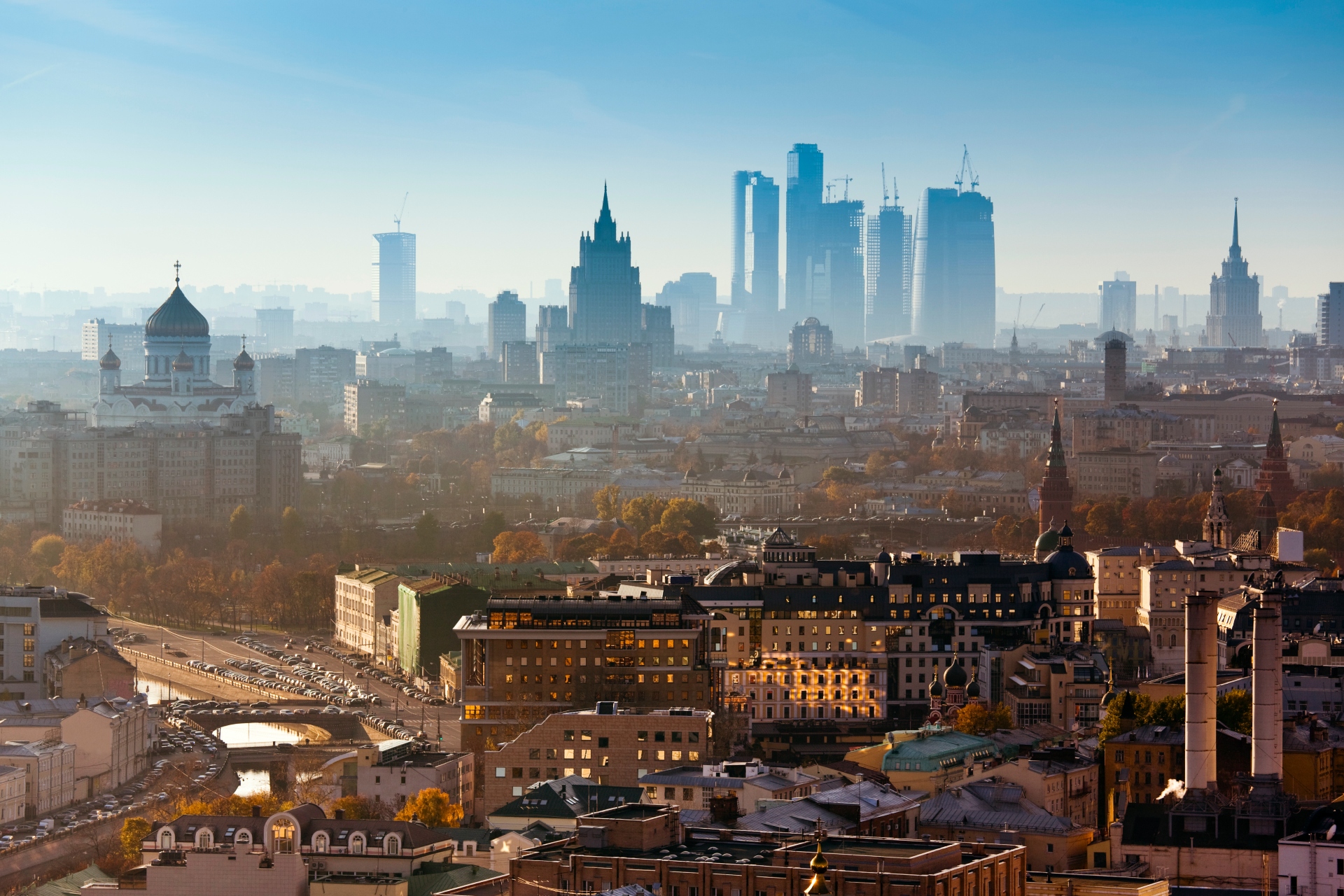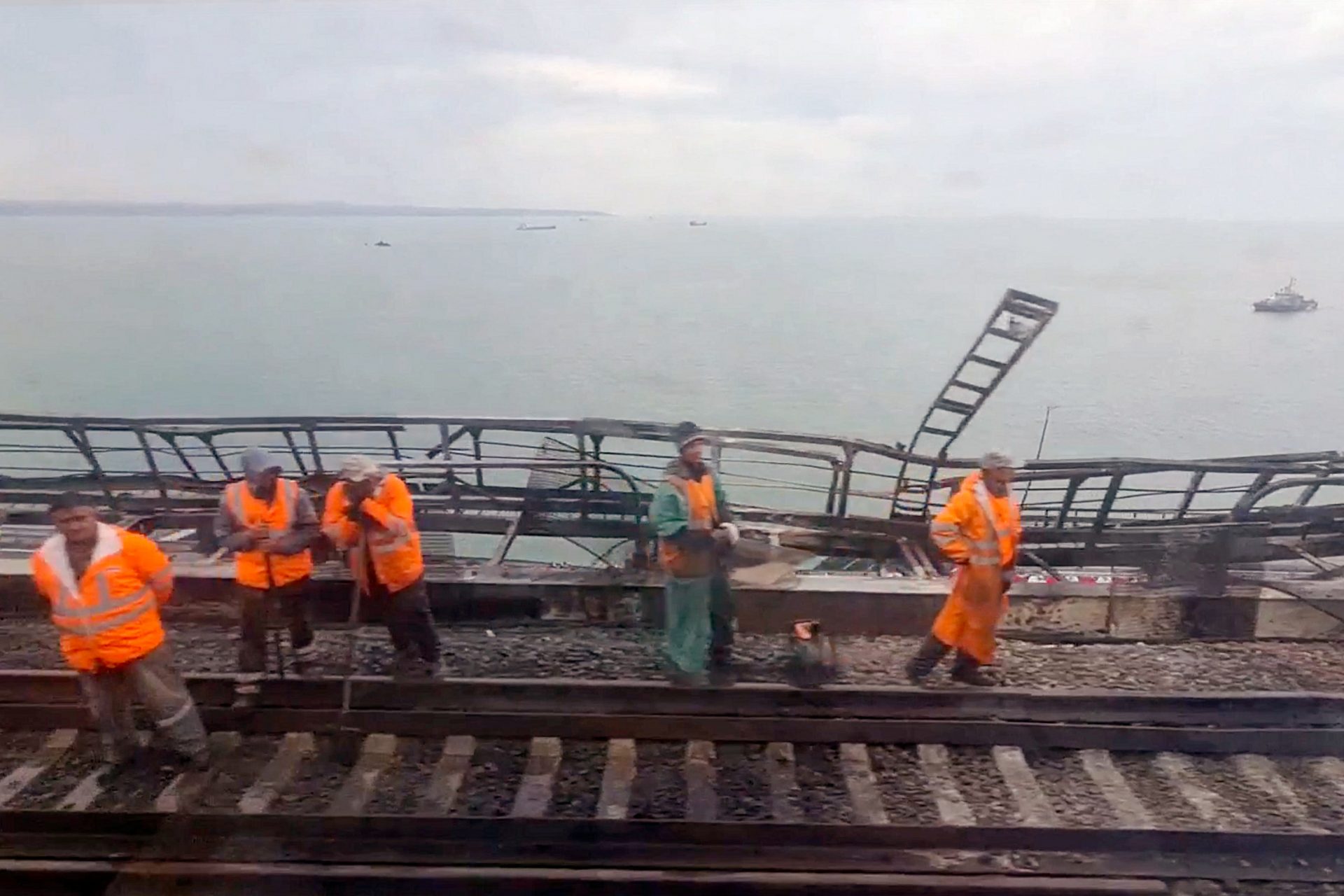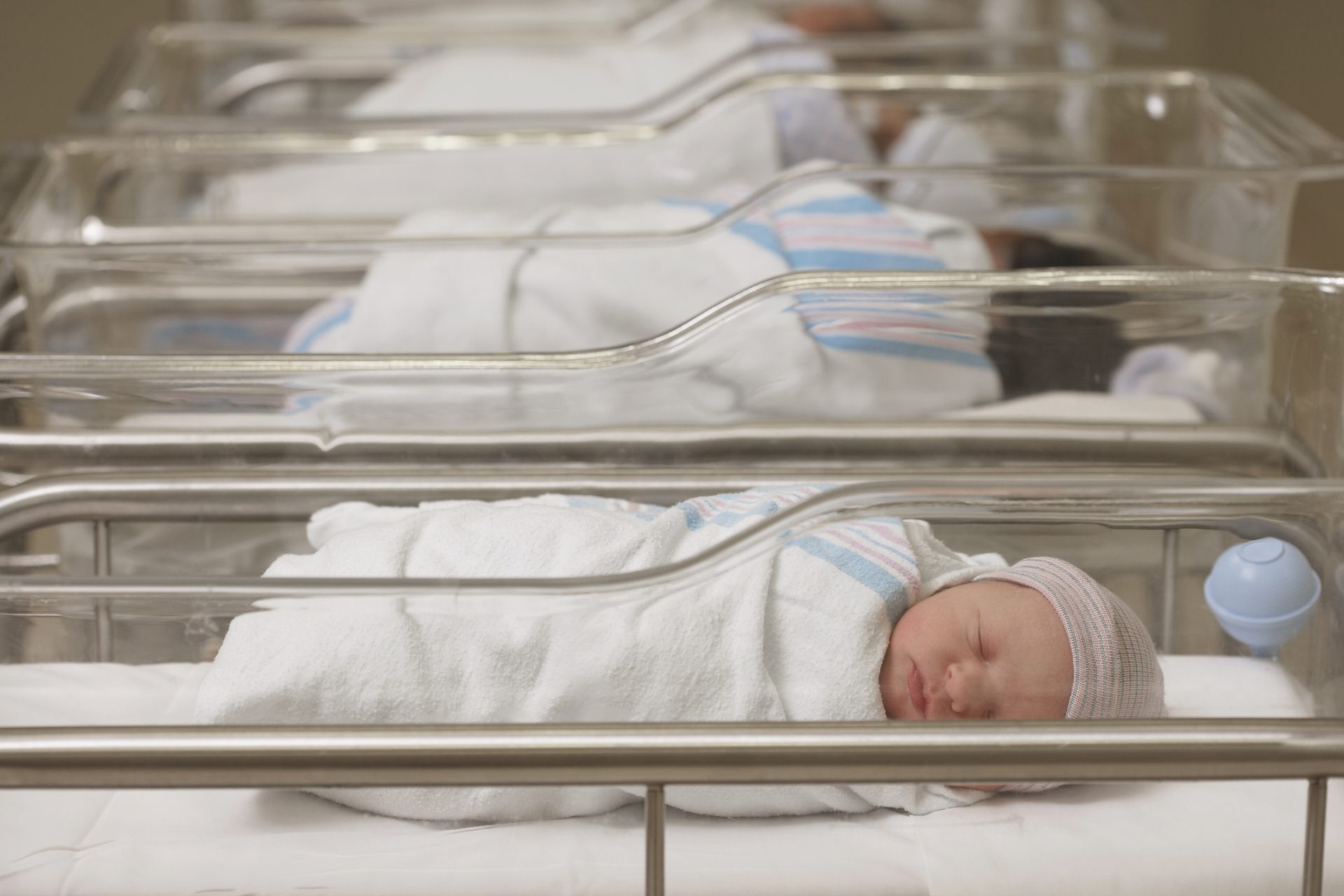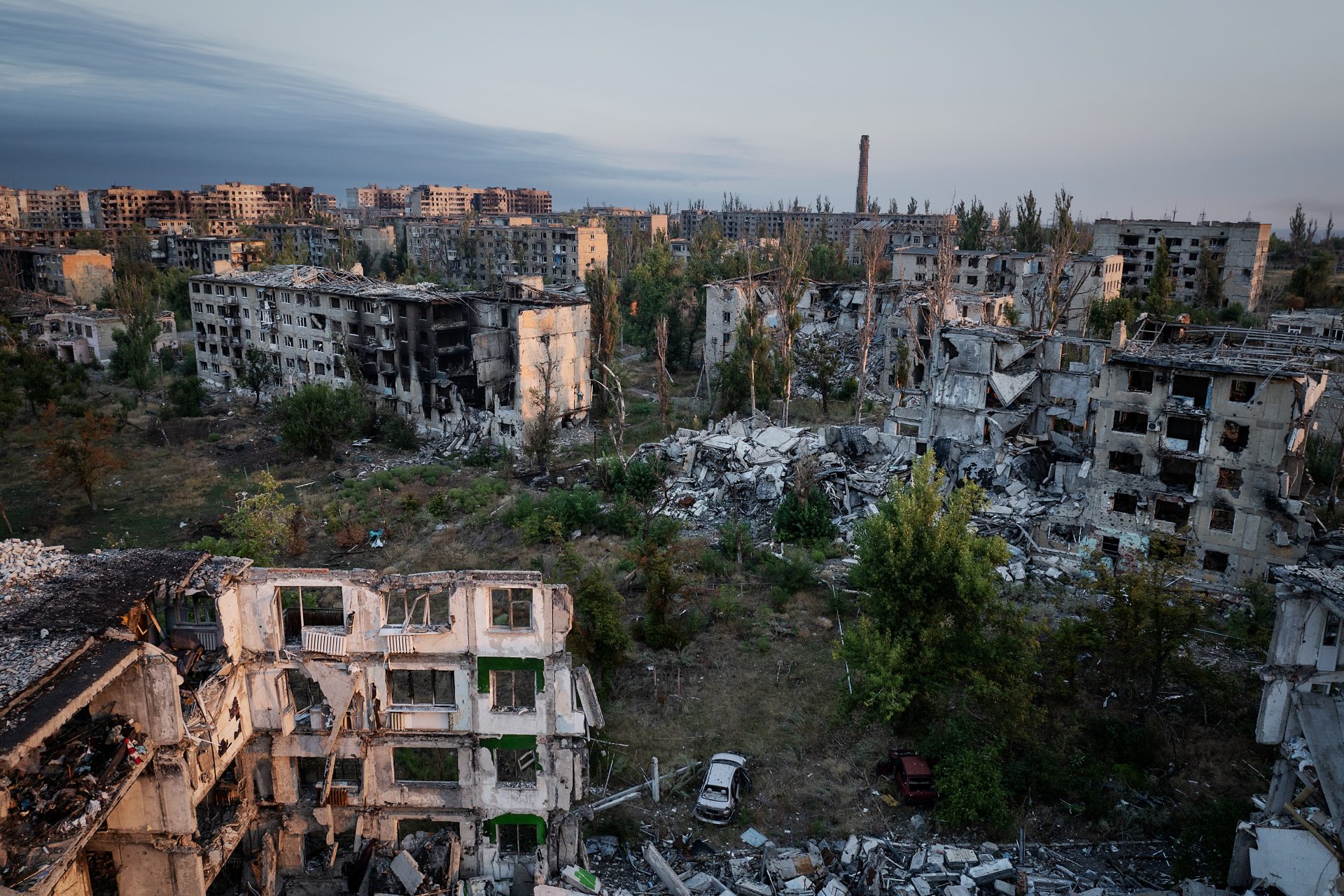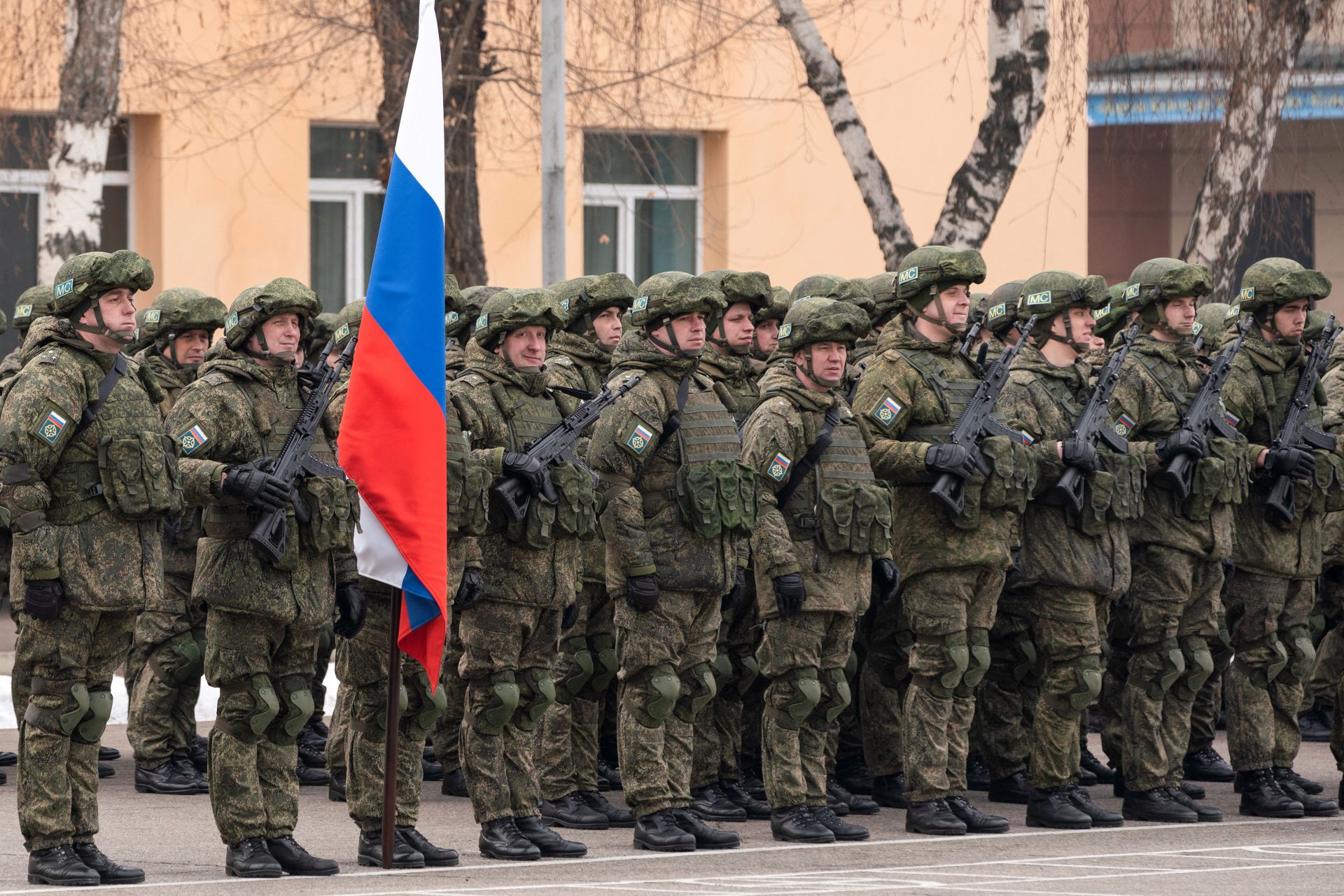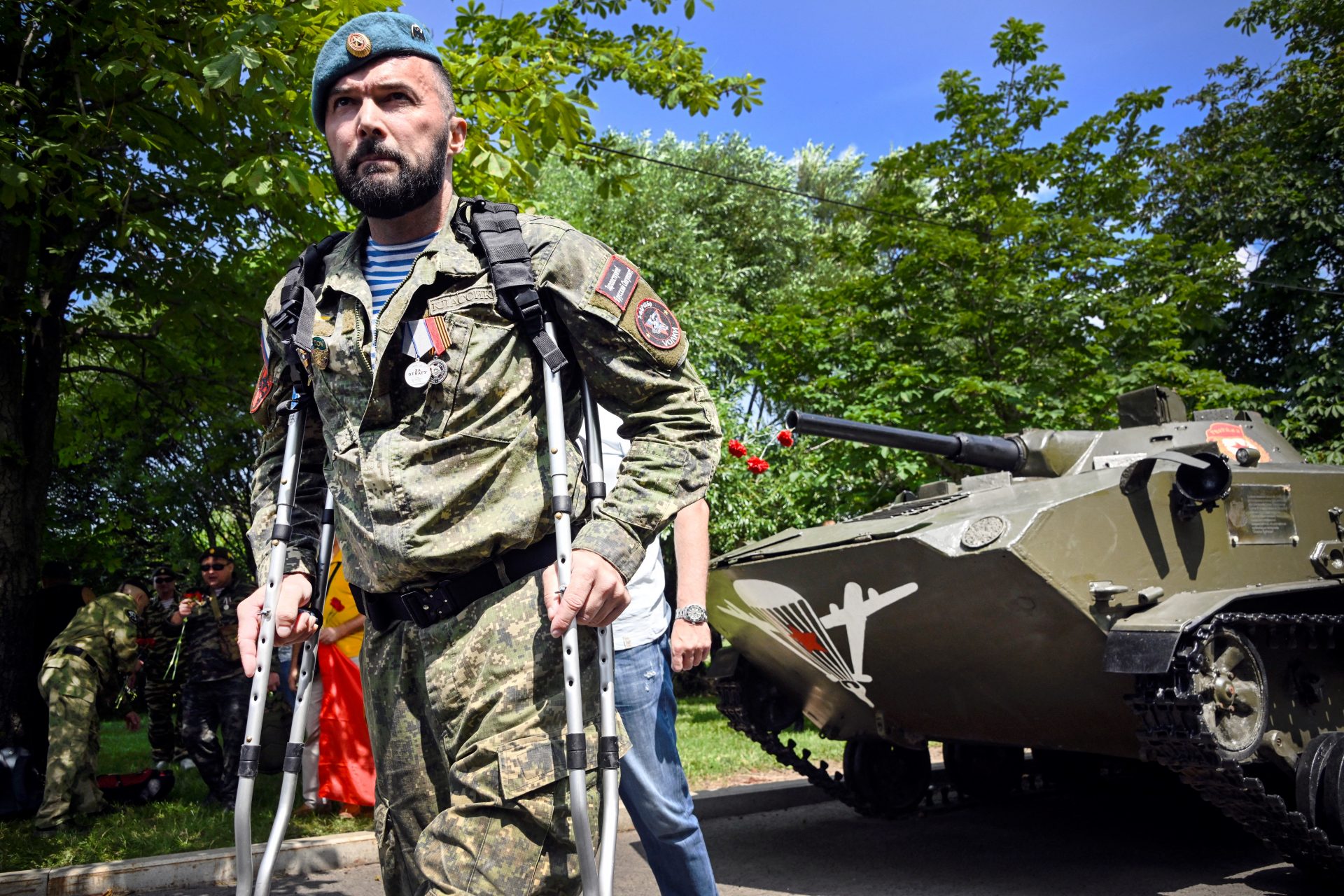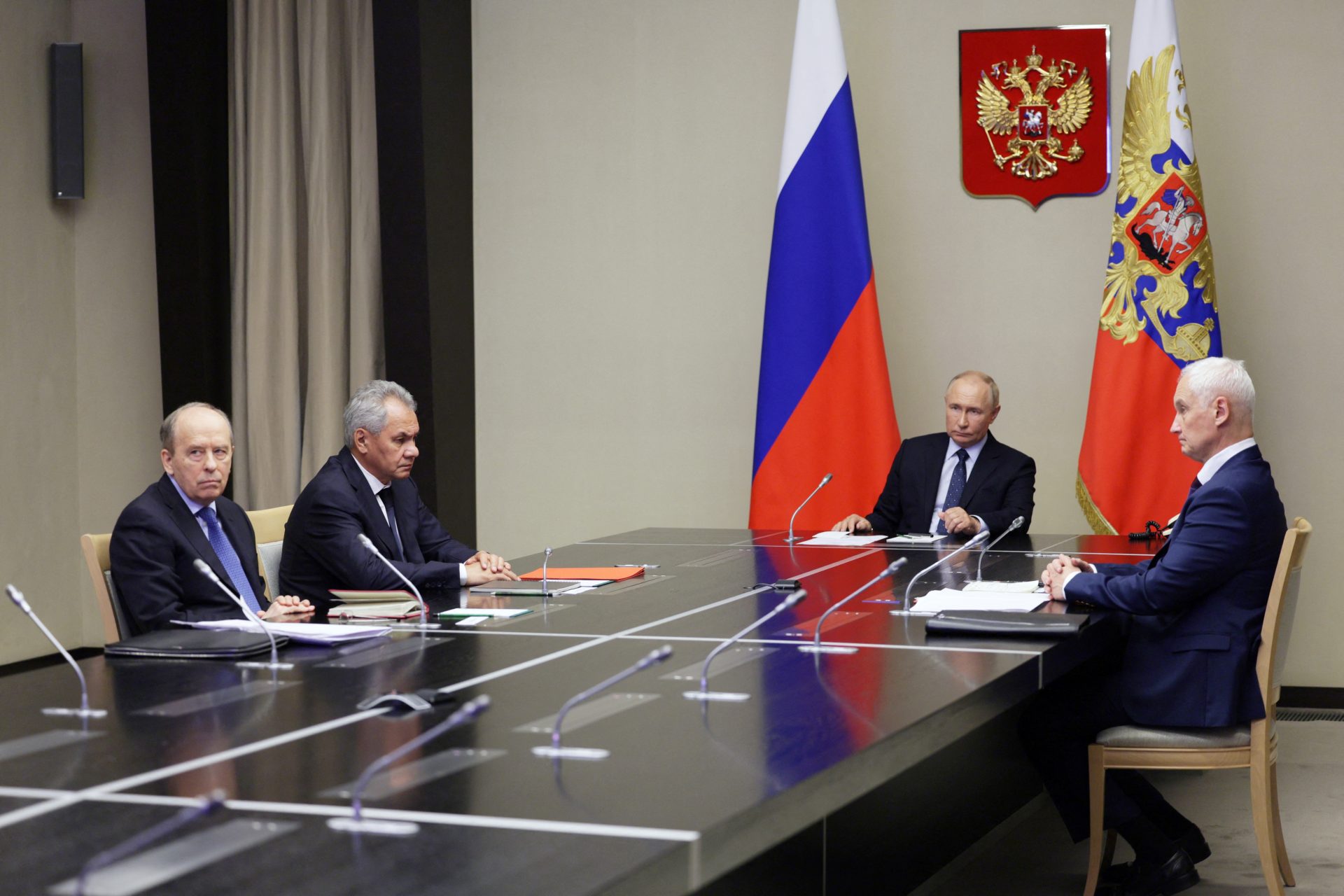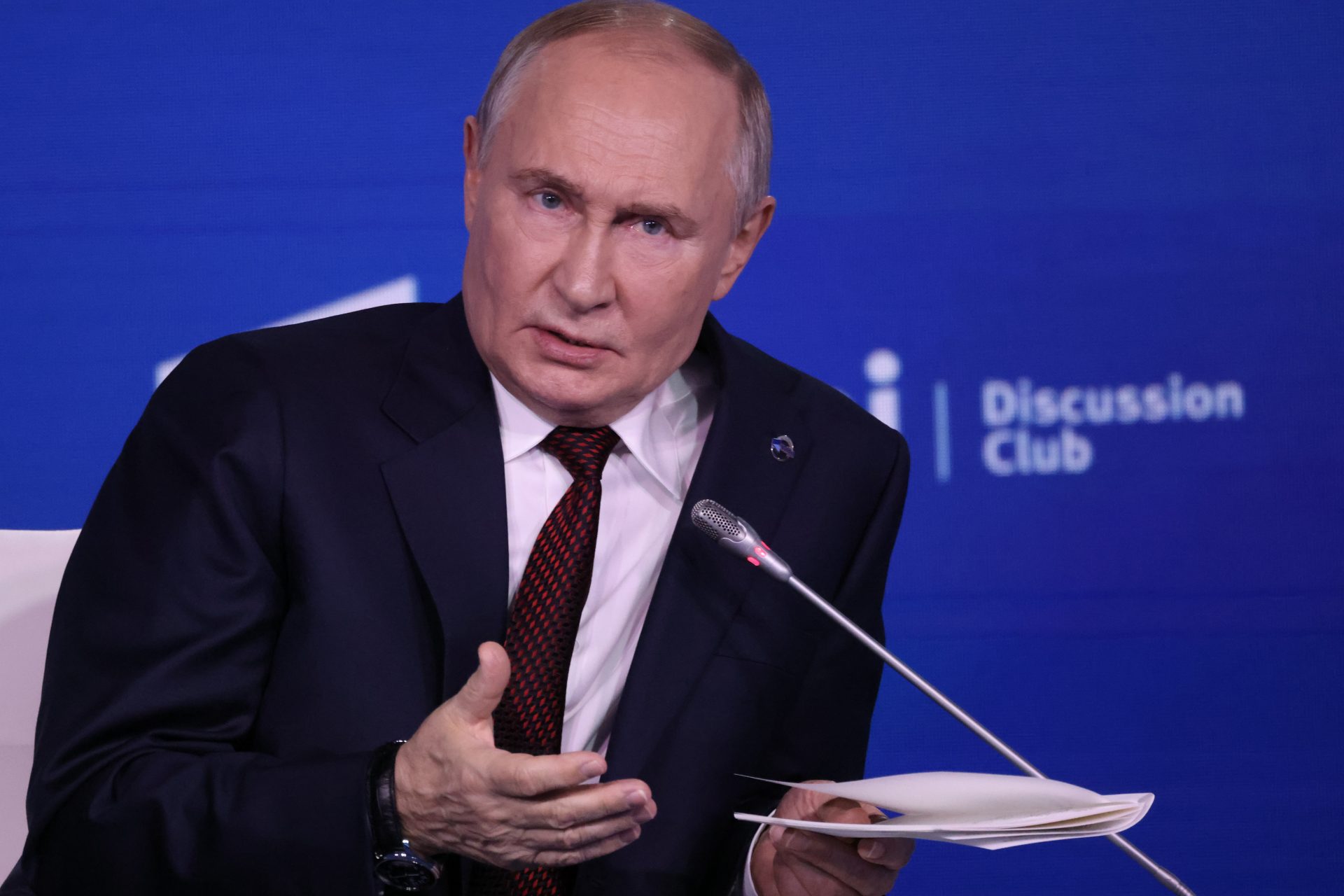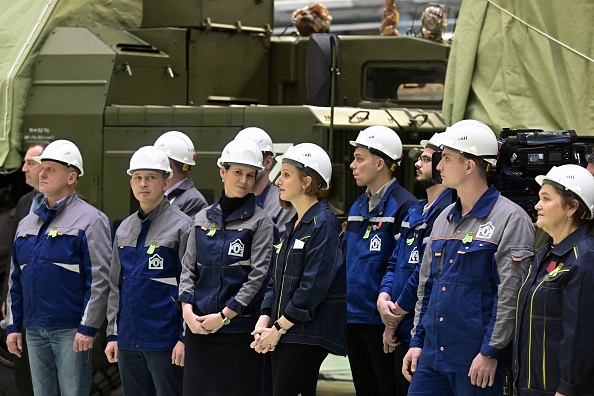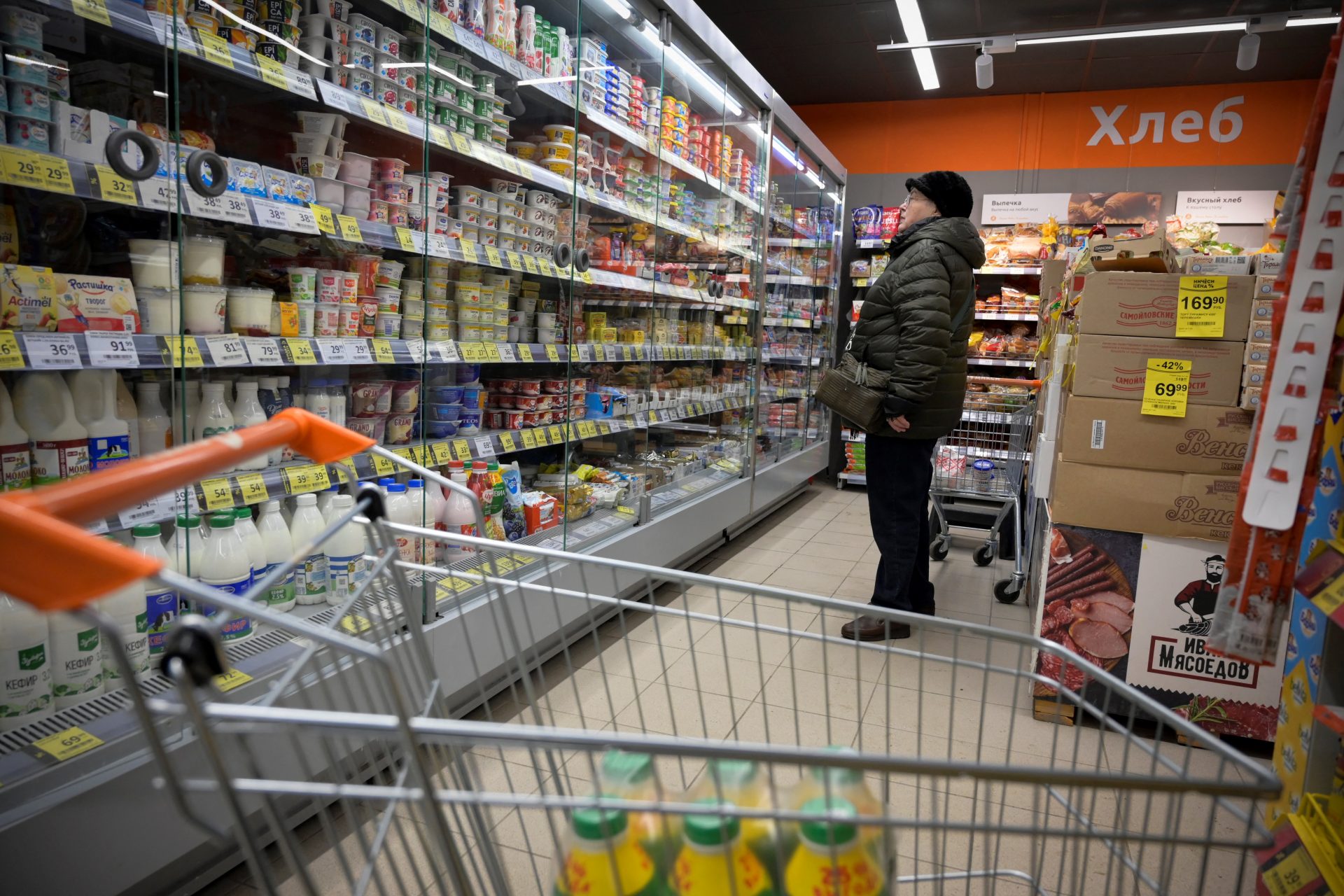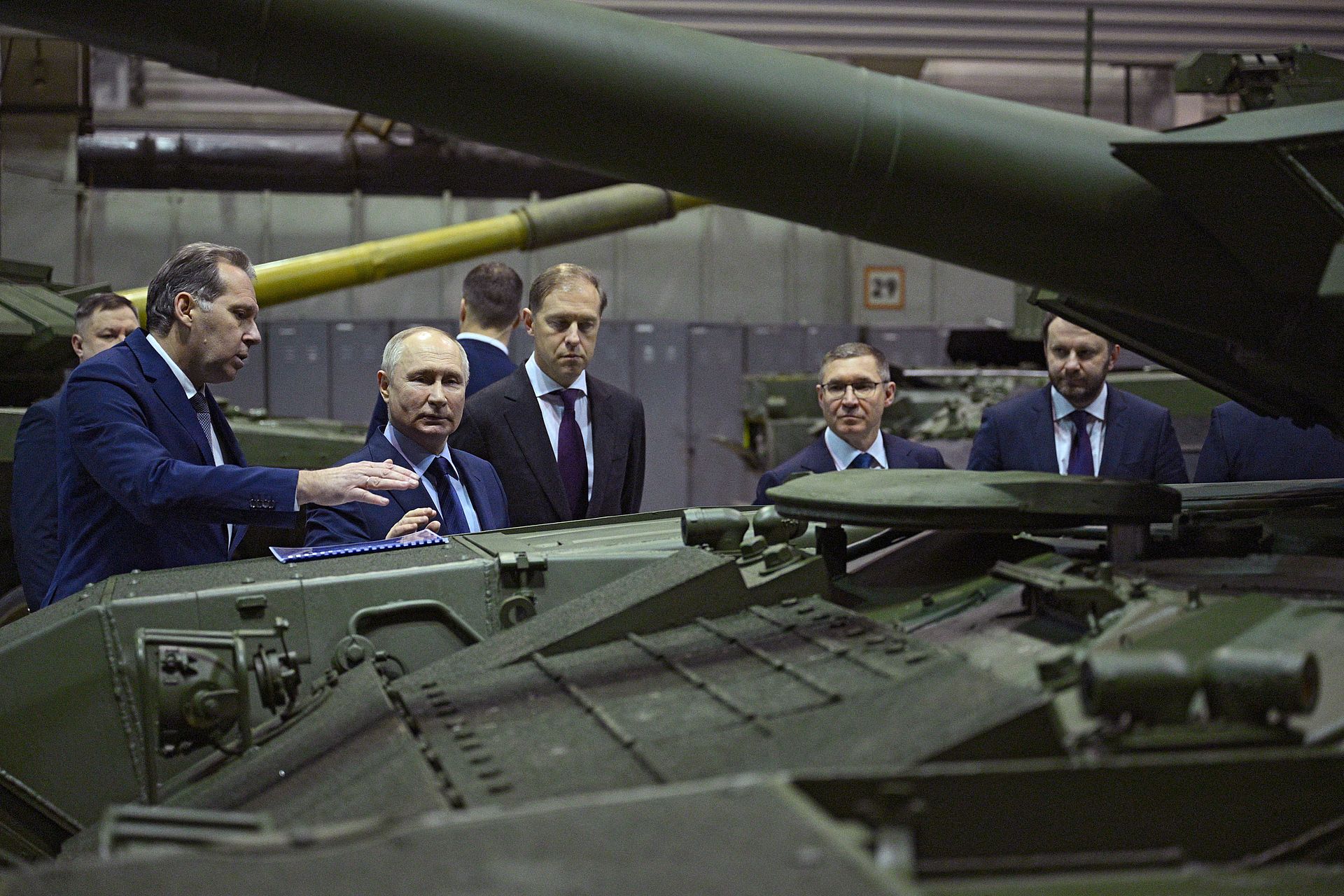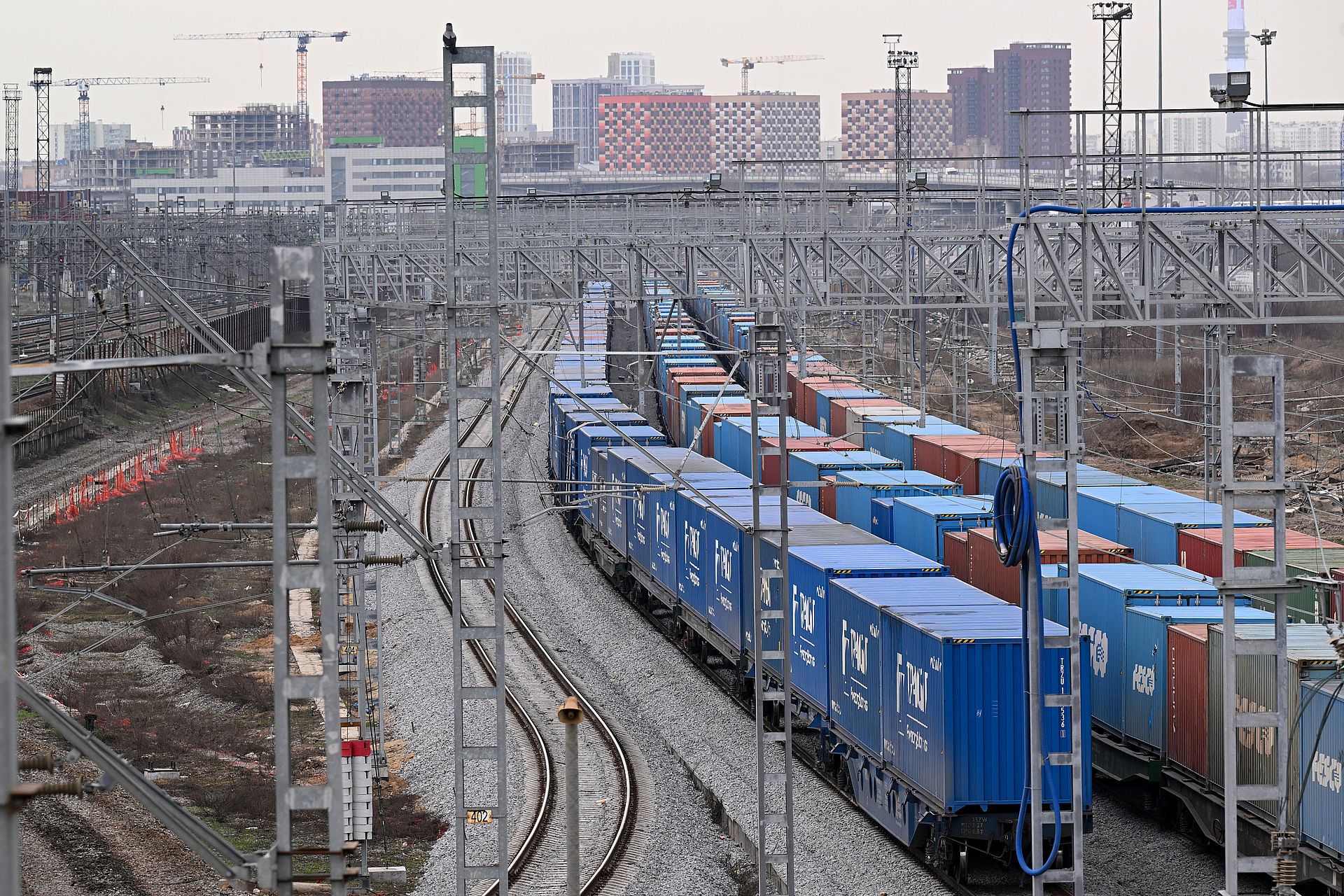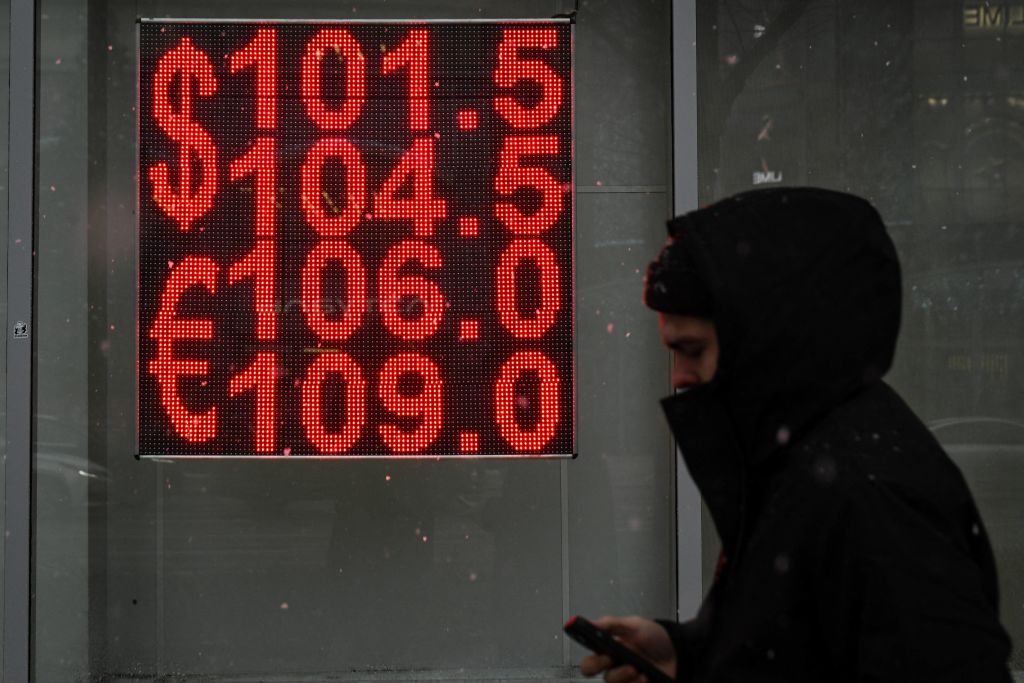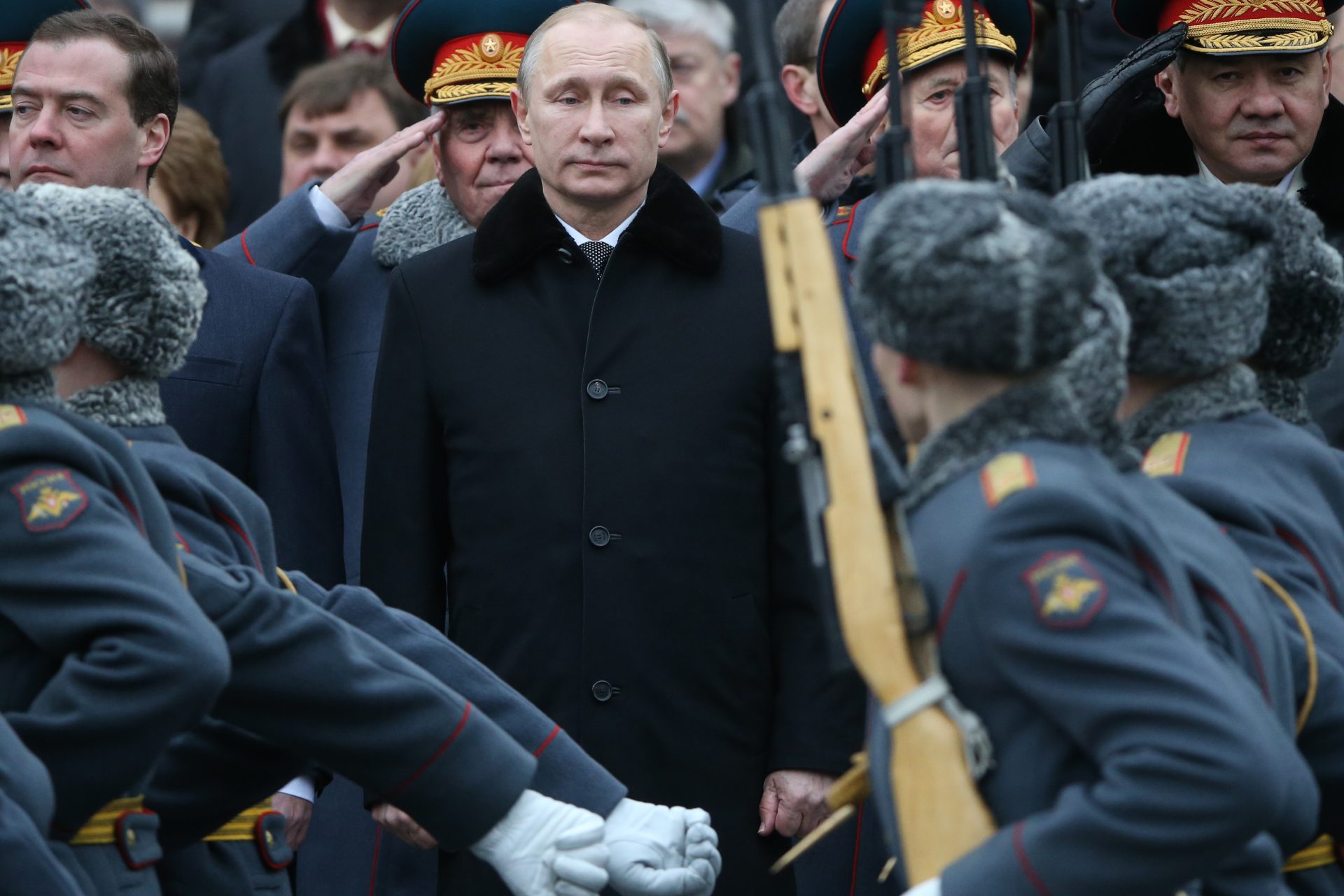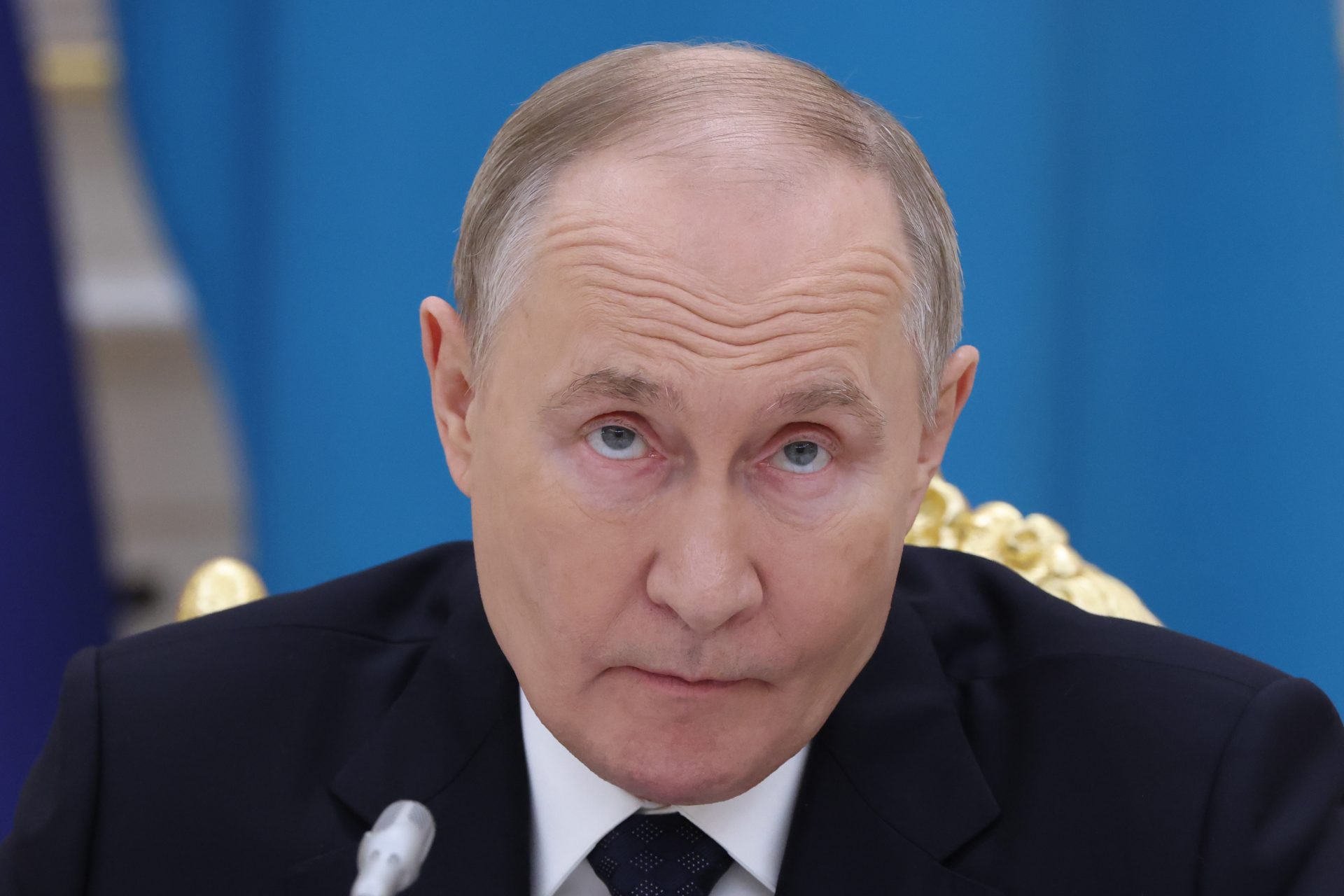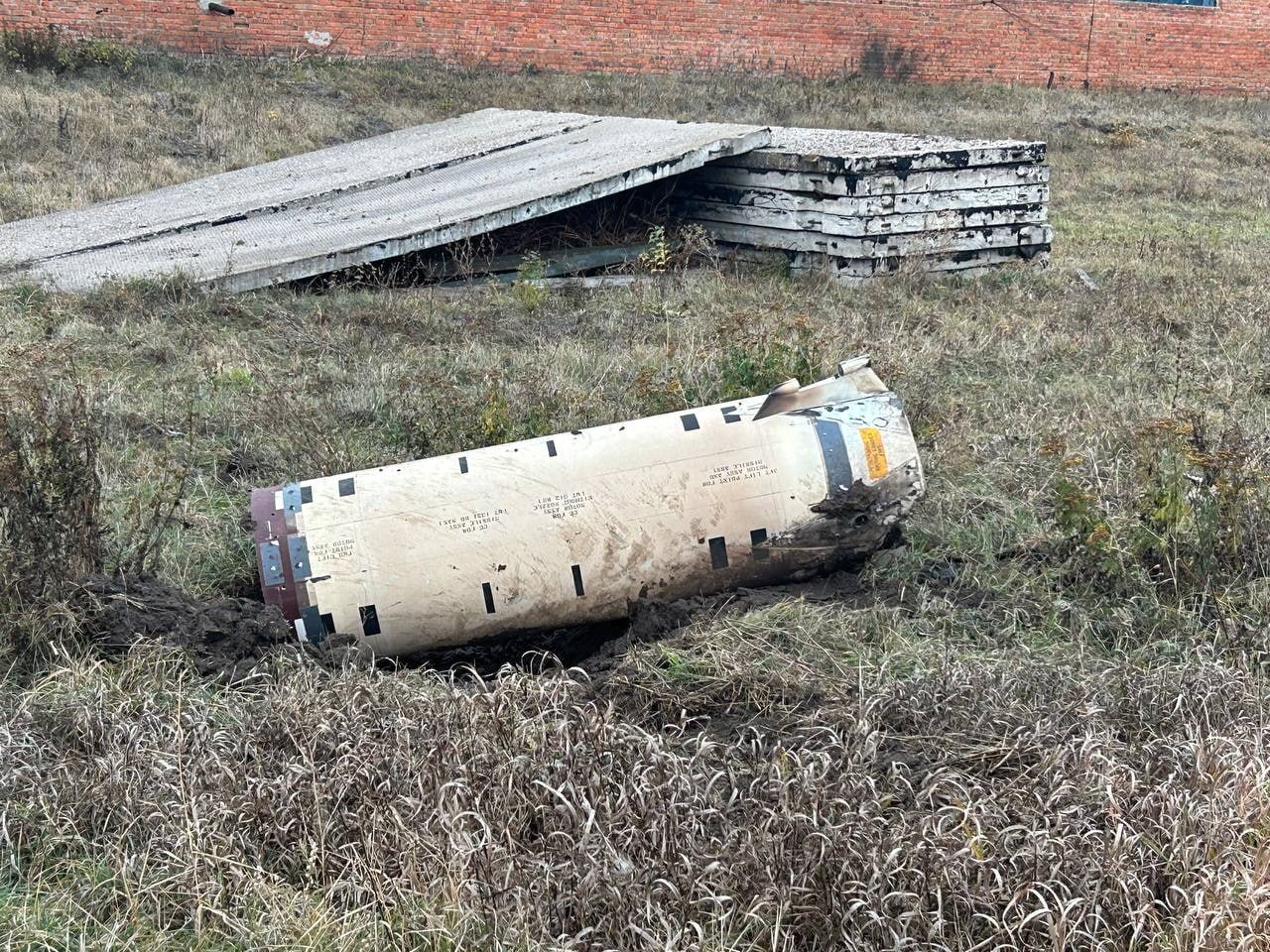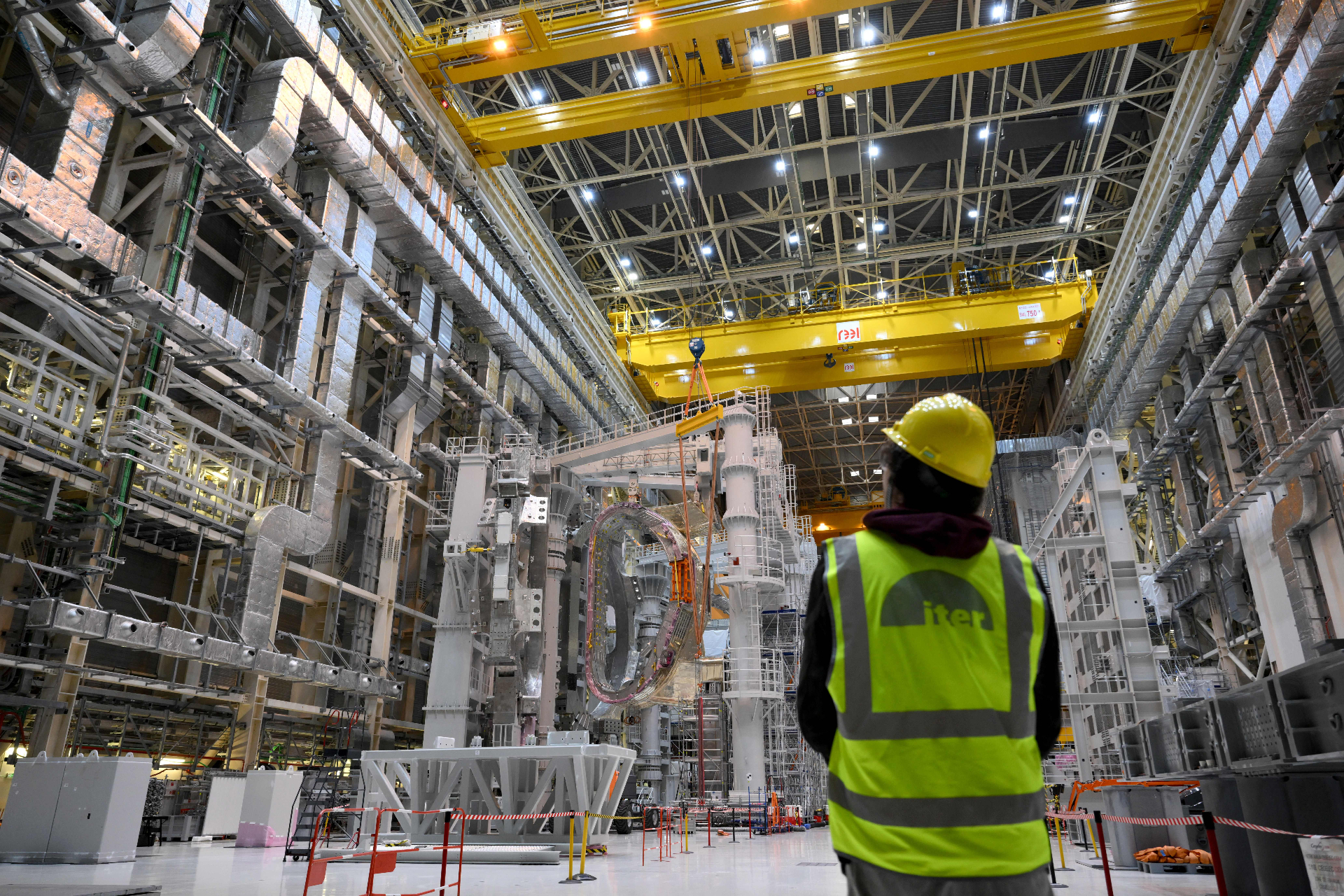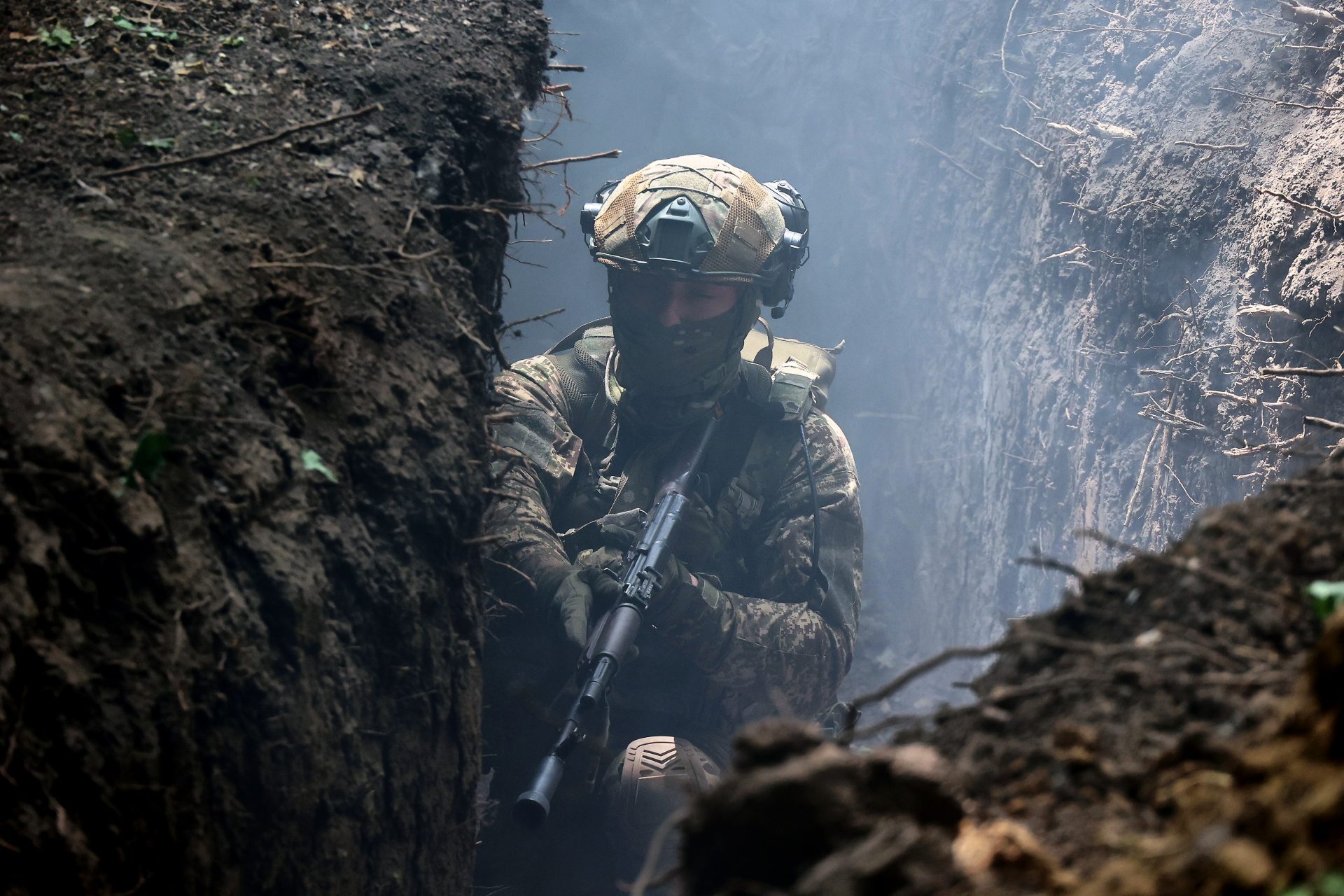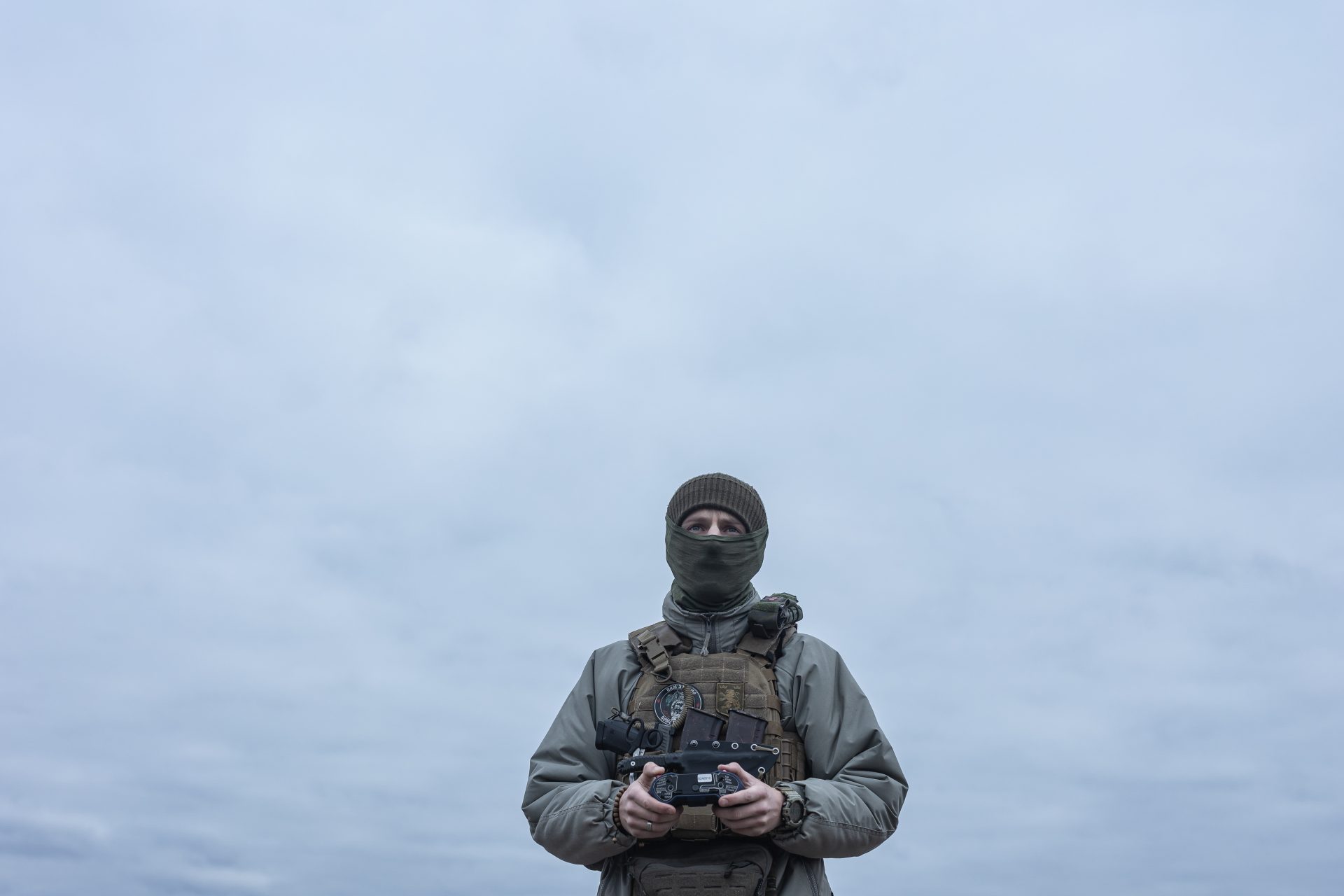Russia's economy is in trouble, can Putin turn things around?
Moscow's military operation into Ukraine, ordered by President Vladimir Putin in February 2022, has had many victims. One of them? Russia's economy.
The conflict has led to a severe depreciation of the ruble, a rise in inflation rates, and a diversion of funds from the national budget to the military sector. These circumstances continue to deteriorate Russia’s economic situation.
The Russian labor market is in a pretty dire state due to the ongoing conflict in Eastern Europe. However, the total commitment of the country's industry and a large part of the Russian workforce to the war effort is not the only problem.
As the news portal Meduza pointed out, this can also be attributed to a significant birthrate decline in the late 90s and early 2000s.
Taking into consideration the reduced number of older workers due to the losses in World War II, Russia is currently facing an enormous population crisis has been fostering for decades.
“All these factors, combined with the suffocating sanctions and international isolation, are laying the groundwork for a 'perfect storm' in the coming years”, said demographic expert Salavat Abylkalikov to Meduza.
But how are these factors directly affecting the Russian economy today, and how will they shape the country's social and financial well-being in the future?
As experts have already highlighted, the demographic crisis has directly affected the Russian labor market. According to the Institute of Economics of the Russian Academy of Sciences, by the end of 2023, the country had a workforce shortage of up to 4.8 million people.
According to Meduza, this shortage is caused by two key factors: On the one hand, the birthrate decline between 1987 and 1999. On the other hand, the early-retiree or retired population “will reach almost 13 million workers by mid-2030,” explained Abylkalikov.
Of course, this is not factoring in the elephant in the room, which is currently affecting every aspect of Russian society and economy: the war in Ukraine is hurting all these problems that the Kremlin is trying to ignore.
The high number of Russian soldiers and casualties, most of them men of working age. According to the Russian Ministry of Defense, the country would have recruited 500,000 troops in 2023. This reduces the available pool in the Russian labor market.
Moreover, the experts consulted by Meduza claim there would be issues with the return of soldiers from the front after the end of the war, with problems such as alcoholism, violence, and crime. The post-war labor market would not be back to normal.
Another factor related to the war affecting the labor market is the emigration of Russian residents who left the country because they were against the conflict started by the Kremlin.
As for migration figures, news website The Bell estimated in July 2024 that some 650,000 people fled Russia after the start of the war and have not returned to the country.
These numbers are consistent with those of expert demographer Alexei Raksha, consulted by Meduza, who estimated that between 400,000 and 500,000 people have left Russia. He noted that migration statistics shared by the Kremlin “were incomplete, deliberately inaccessible and increasingly scarce”.
The decline of migrants entering the country is also affecting the national economy. According to Rosstat, 560,400 migrants entered the country last year, 23% less than the previous year and the lowest number since 2013.
Despite these worrying figures, the Kremlin remains optimistic toward its citizens and is countering with figures that appear positive at first glance.
Speaking recently at an investment forum hosted by Russian bank VTB, Russian President Vladimir Putin boasted that the country now enjoyed “an unemployment rate of 2.4 percent”, Meduza reported.
But are Putin's figures possible, given the above factors? The reality is that the increase in Russian workers in the defense industry is significant: between 2023 and the first half of 2024, about 600,000 people started working at defense sector companies in Russia, an industry that now employs about 3.8 million workers, according to the country's Deputy Prime Minister Denis Manturov, as quoted by Meduza.
However, although these workers are experiencing a rise in wages, the dean of the Department of Economics at Moscow State University Alexander Auzan explains that the increase of defense industry workers is not useful for the production of goods in consumer markets. Therefore, it does not really help the country's economic prosperity.
“What does the defense industry bring to the table? It can modernize a tank, for example. But no one is going to buy a tank. It will go somewhere and will probably be destroyed,” Auzan was quoted as saying by Meduza.
So it seems that the good news announced by Putin is just a mirage. Natalia Zubarevich, a professor and expert in economics at Moscow State University, was quoted by Meduza stating that: “Rising wages, without the support of productivity growth, and an economy based on the injection of capital by the state, primarily in the defense industry, is something that cannot be sustained over time. It is a bubble”.
How exactly the Russian economic bubble will burst remains to be seen. What seems clear to analysts and experts is that the current trend will continue: “The decline in Russia's labor market will continue until mid-2030”, Natalia Zubarevich noted.
More for you
Top Stories



